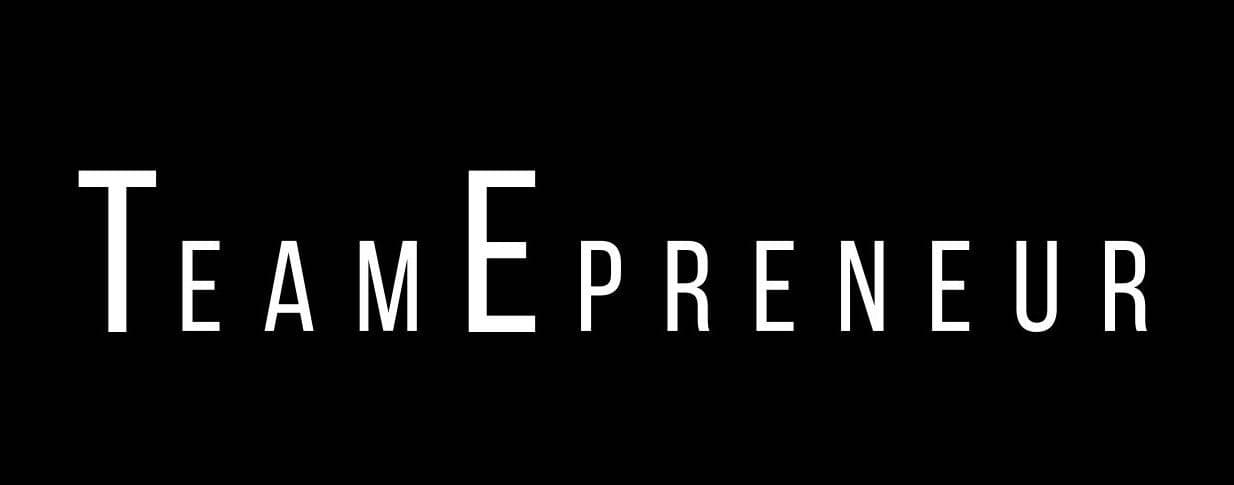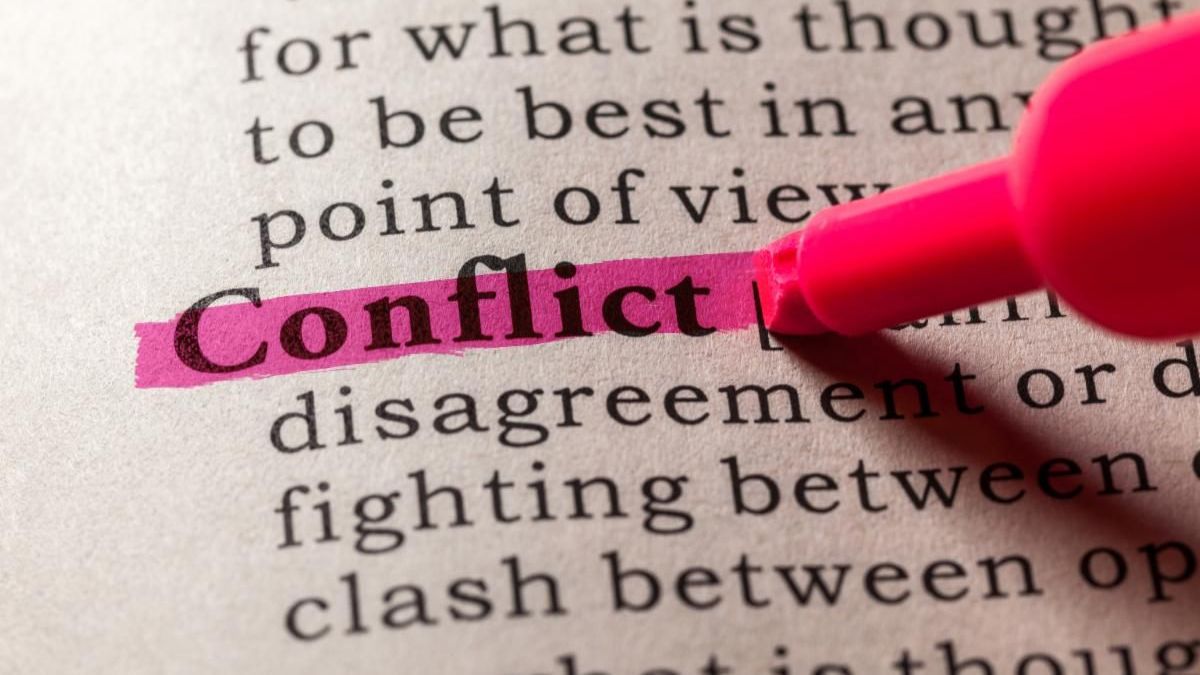I love you. You hate me.
J.P. Montalvan • November 6, 2022
“I think that it’s very important for us to somehow include the idea of how do we express love, even in the face of contradiction.”
speaking about Kanye West...
Illya Davis,
Philosophy Professor, Morehouse College
photo of Kanye West by David Shankbone
____________________________________
As the January 6 insurrection prosecutions continue, some Americans still believe left-wing activists, namely Antifa, are to blame.
Last year, hate crimes in the 10 largest metropolitan areas reporting a record increase of 54.5%, and increased in 37 major cities, with the increase attributed to crimes against Asians and Jews.
About a third of the nation’s historically Black colleges and universities have been targeted with bomb threats this year.
What the heck is going on? And what do we do about it?
Peter Drucker, the famed leadership consultant, once said “Company cultures are like country cultures. Never try to change one. Try, instead, to work with what you've got.”
That’s why I’m writing you a letter on Sundays. How can we work with what we’ve got? How can we get better?
When we’re facing a cultural problem, whether in our businesses or with our families, we first have to understand why.
Researcher Paul Verhaeghen, a Georgia Tech psychologist, led a study that found that word-based racial, gender and ageist stereotypes are rooted in the words often appearing together in literature and media.
"There’s one idea that people tend to associate black people with violence, women with weakness, or older people with forgetfulness because they are prejudiced. But there’s another possibility that what’s in your head is not you — it’s the culture around you," Verhaeghen said. "And so what you have is stuff you picked up from reading, television, radio and the Internet."
If it’s what we’re reading, hearing and watching, we counter it by acknowledging those problems and reading, hearing and watching examples of great cultures and the leaders who really grow these cultures.
In a recent interview for my Leadership Circle, I spoke with Kevin Kelly, a home health care pioneer and current CEO and President of the Lakes Region Visiting Nurses Association, about building great teams and what makes for great culture.
What really stood out in my conversation with Kevin was his emphasis on empathy and caring. The best team leaders build great culture when they understand their people, understand their “stress,” and really “take the time for everybody,” Kevin shared.
And what’s the impact of culture? Kevin’s leadership on culture means his Lakes Region nurses are receiving 10x more referrals and conducting 20x more visits across 15x more towns. That’s a culture of care that then delivers more care.
You can watch a part of my conversation with Kevin by clicking here.
In the face of hate, what if we purposefully and consistently countered it by spending more time with our work teams and life teams? What if we brought more energy to our caring? And how much better would we feel if we spent that time with these people who are the most important people in our lives?
“‘Culture made me do it’ is no excuse for racism," Verhaeghen and the study authors add.
And building cultures that care will help us head back in the right direction.
Here’s to heading in that direction with you.
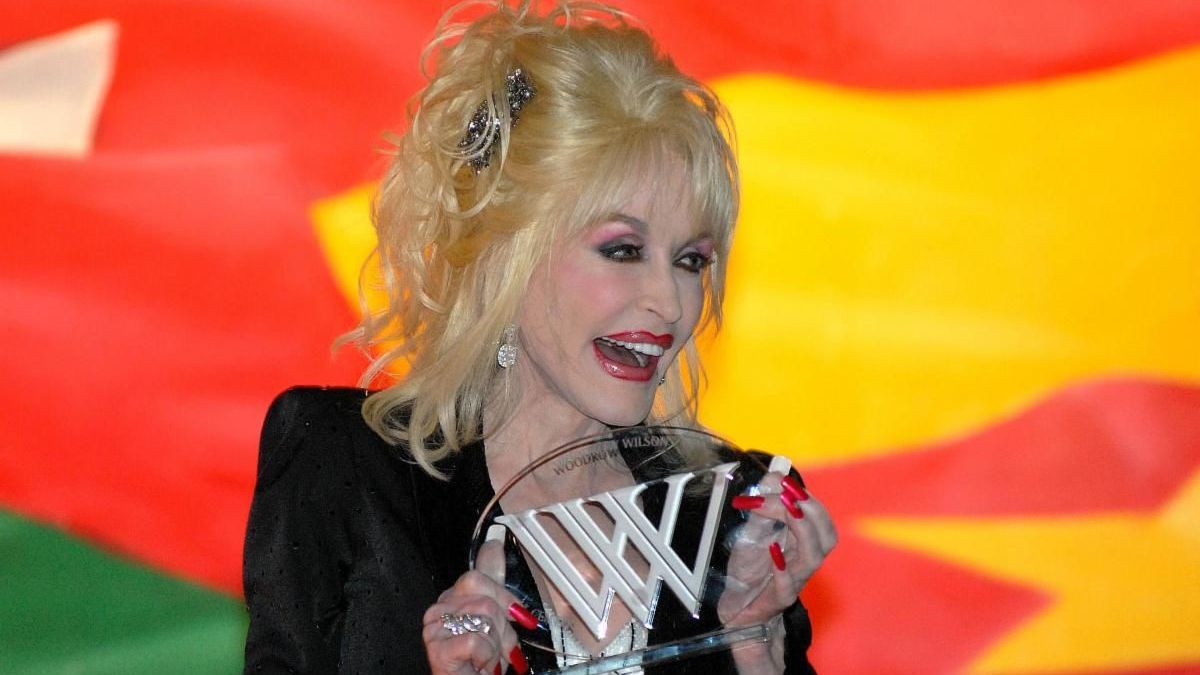
As a leadership coach, I get to work with a diverse range of entrepreneurs and intrapreneurs – quite a few real estate agents, fitness professionals, mortgage lenders, government contractors and others. Come April, it's like clockwork – we all start realizing how easy it is to lose sight of our yearly goals by the end of the first quarter. Life gets busy, we get caught up in the whirlwind of reactivity, and suddenly, those big dreams we had at the start of the year feel miles away.

As most of you know, tragedy struck on what would have otherwise been an ordinary night earlier this week in the heart of Baltimore. The Francis Scott Key Bridge, an iconic structure that spanned the Patapsco River, became the focal point of a devastating disaster that has shaken Baltimore and the region to its core. As I think about the events of that night, there’s a lot to unpack, from preparedness and the “why” behind a crisis to quick thinking and the human capacity for heroism in the face of adversity.
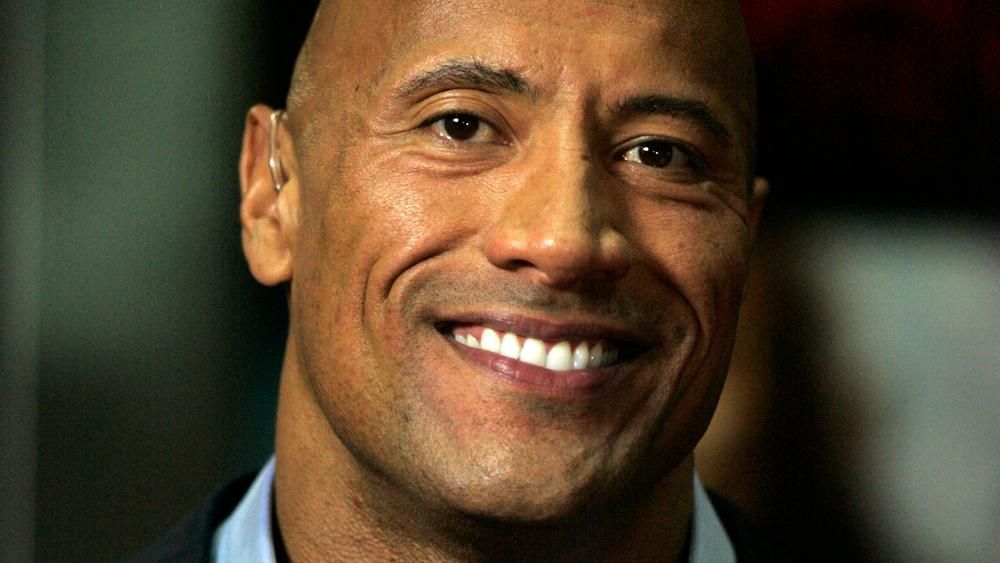
Happy Hump Day!
I don’t usually reach out to you on Wednesdays, and I wanted to share that Wednesday isn't just any ol' day – it's the linchpin of your week. Why?
As I’m sharing with my Leadership Circle this quarter, Wednesday isn't just the midpoint of the typical work week calendar. It's a golden opportunity for us to hit pause, reassess, and realign ourselves with what really matters – our weekly priorities.
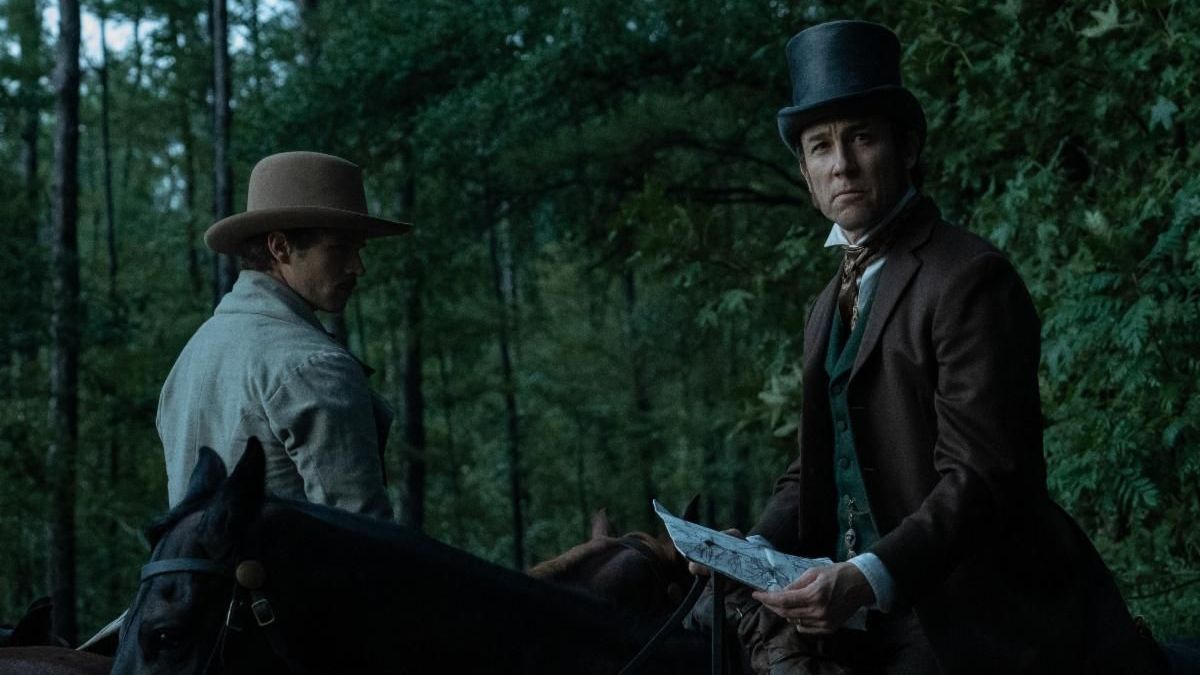
Edwin was born in the small town of Steubenville, Ohio. His education started in Miss Randle’s kindergarten and was followed by Henry Orr’s seminary around the block. At 10, he entered George Buchanan’s nearby Latin school where he was called “an imperious and self-reliant young man.”
Edwin’s lifelong struggle with asthma might have contributed to his temper, but so could have the early death of his father and the deaths of his brother and two children.
And on the eve of achieving his life’s dream — nomination to the Supreme Court — Edwin Stanton’s chronic asthma caused his death in 1869.
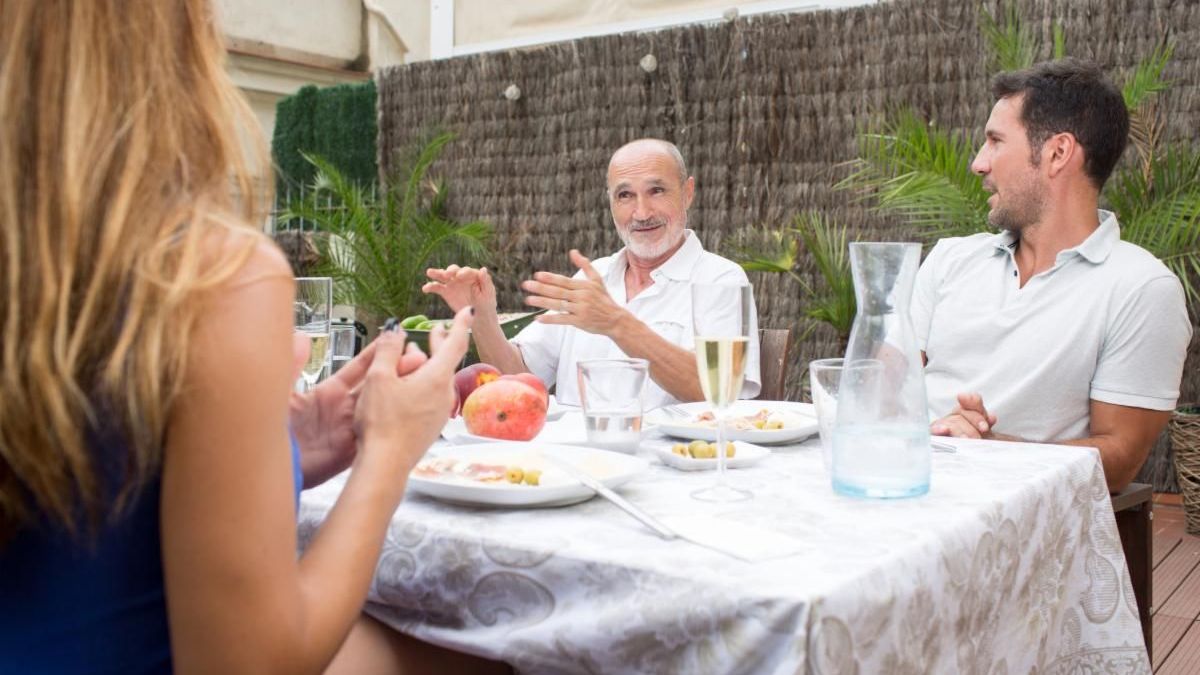
As I sit here late at night in my parent’s family room, a few hours away from our home, thinking about you, it dawns on me that we’re often wrapped up with how leadership impacts us in the work world. But the reality is that it permeates every part of our lives – and especially our relationships with family and friends.
This weekend, the conversations with my parents are covering a myriad of topics, from advice on navigating parenthood with our newborn daughter to discussing strategies for managing their health.
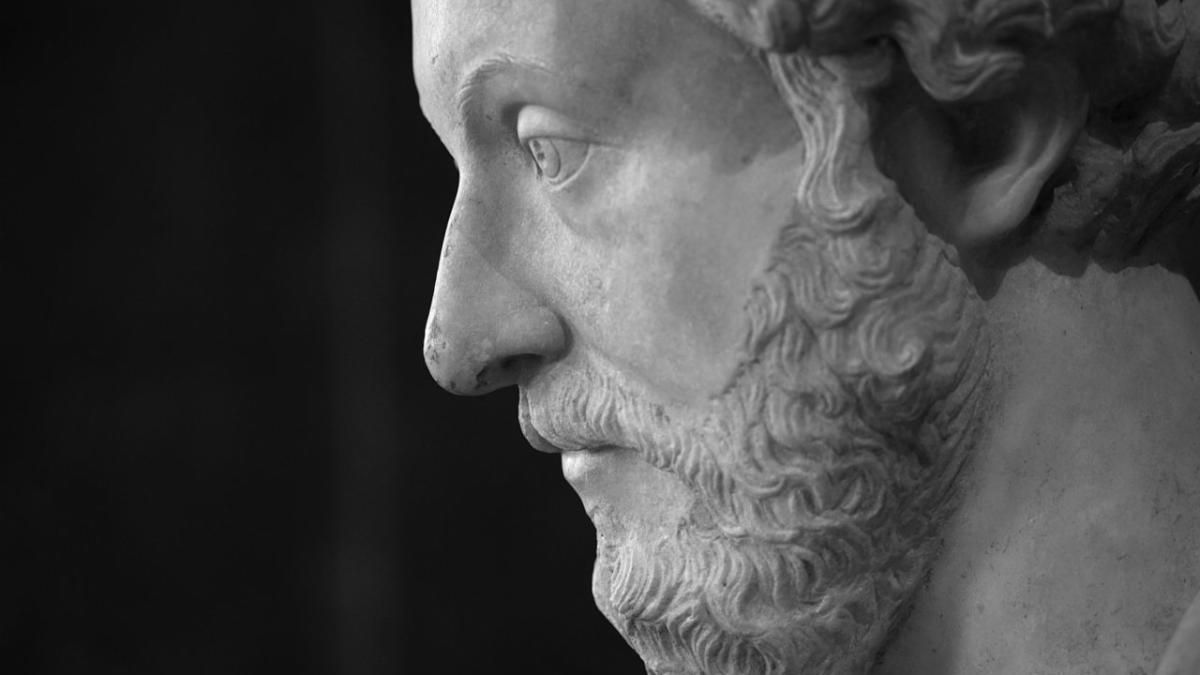
Recently, Veronica and I took a trip to the beautiful Virginia countryside around Flint Hill, Virginia. As we took in the breathtaking, winter scenery of rolling hills, horses, cattle and more, we decided to stop for lunch at the inviting Dark Horse Irish Pub. Little did we know that our dining experience would include both delicious food and the unexpected wisdom of a heartfelt connection.
Upon entering the cozy pub, we were greeted incredibly warmly. Our waiter was a young man who attended to us graciously through our meal, and when he had to leave was replaced by an older waiter. The older waiter had a twinkle in his eye, as they say, and he immediately struck a chord with us. As our main meal switched to delicious desserts, he engaged us in some lively conversation and took a genuine interest in our newborn daughter in the stroller by our table. His genuine care and enthusiasm was really something.
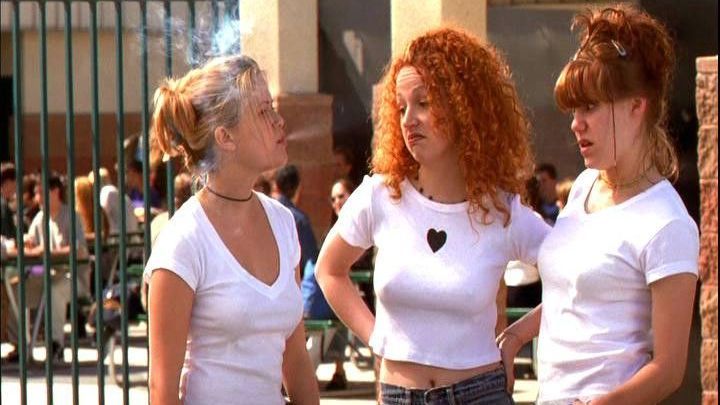
In the challenging world of Hollywood, with a sea of scripts and opportunities, Reese knew what she wanted. Despite some early success and the offers of darker and more intense roles, she was drawn towards “optimistic” storylines that inspired and uplifted. She wanted to make a meaningful impact on her audience, especially girls and young women.
“I got a role in this movie called Freeway playing this really angry, aggressive, violent young woman who believed wholeheartedly in the truth,” Reese shared. “I had such satisfaction afterward, and I thought, that's what I want to do.”
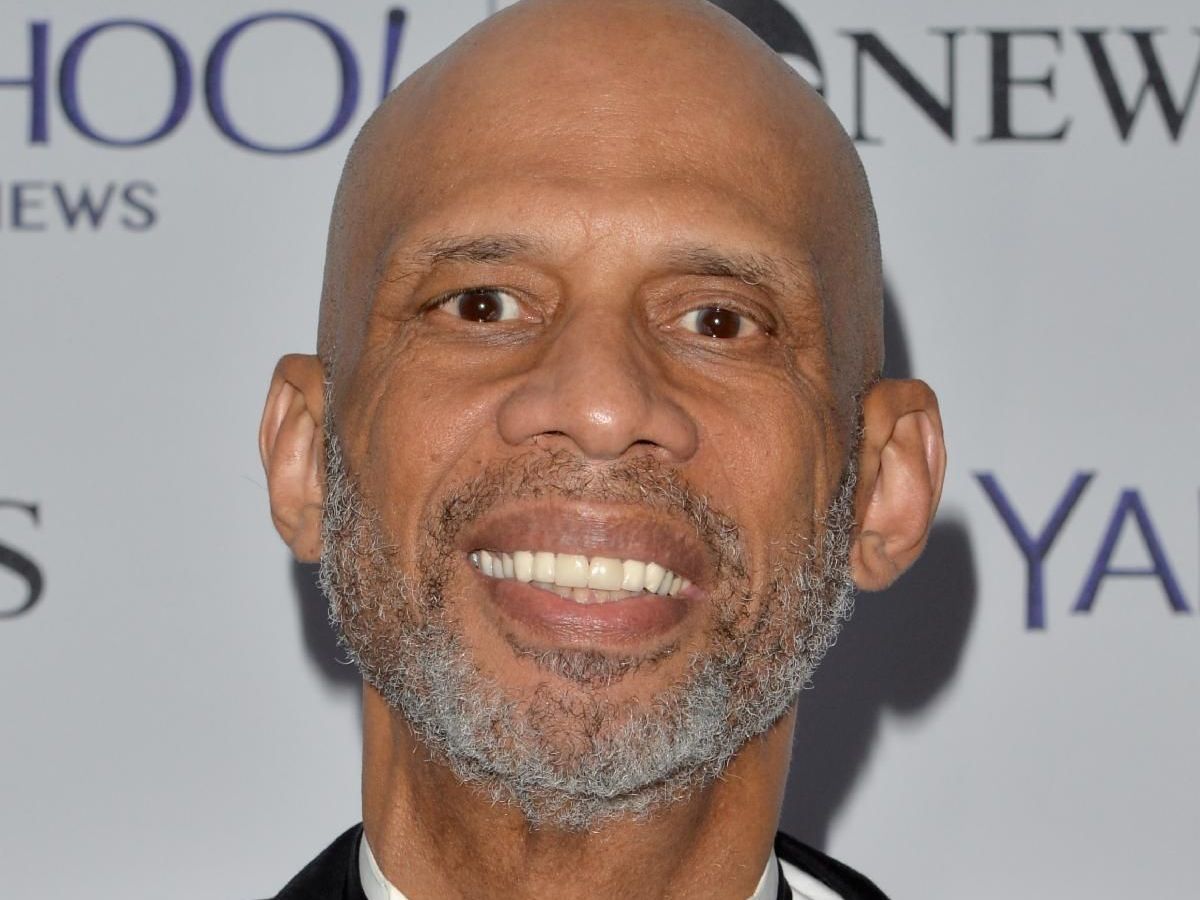
Closing the Gap: Kareem’s Legacy and Your “Big 3” to Success
In the fast-paced world we live in, it's easy to get caught up in the whirlwind of daily tasks and lose sight of our priorities. If you’re anything like me, it happens when we think about the gaps between where we are and where we want to go, in business or in our personal lives.
Kareem dedicates much of his time now to empowering marginalized communities, reflected in his book "Writings on the Wall: Searching for a New Equality Beyond Black and White." He was asked once about his ability to prioritize amidst the glitz of a storied career.
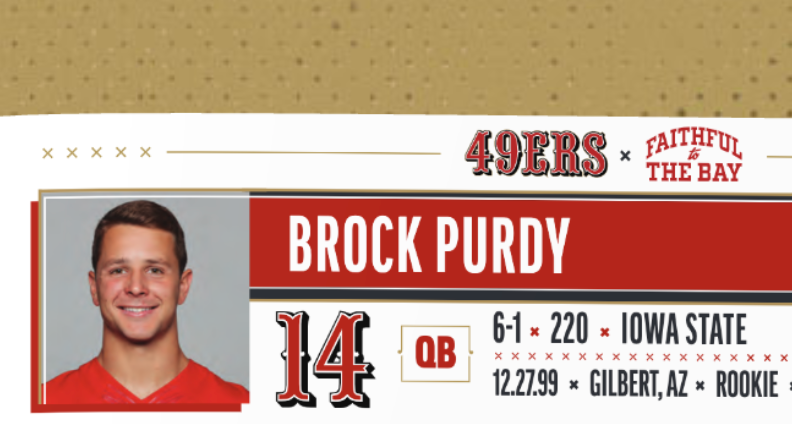
Getting picked last isn't great. Brock would know…
As February rolls in, it's time for a reality check on our goals. How often have you lost sight of your aspirations by now, slipping from proactive to reactive mode? I know I have in the past. How do we stay focused in the chaos of a competitive, hyperconnected world? That's a heck of a ball game.
And when we lose sight of our goals – our big goals – we are picking ourselves last.
